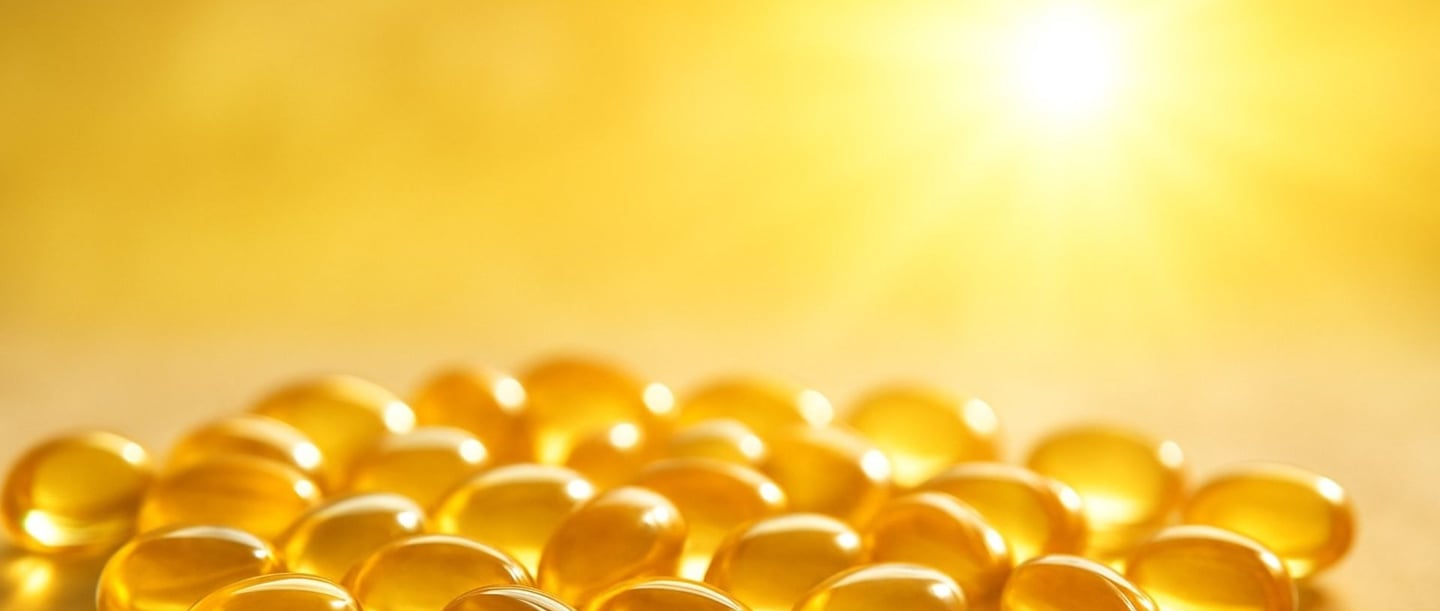Medical content is for information only - not a substitute for professional guidance.
Vitamin D: Vitamin or Hormone? Update.
Some see it as a nutrient, but it's a key hormone.
9/7/20251 min read


Illustrative image of vitamin D capsules under natural light.
Vitamin D acts as a hormone, not just a nutrient
Vitamin D can be obtained from diet, sunlight, or supplements - primarily through synthesis in the skin under ultraviolet B rays. Beyond being a vitamin, it acts as a multifunctional hormone. Calcitriol, its active form, supports the immune, cardiovascular, endocrine, and metabolic systems. It is also linked to mood regulation, pain modulation, and cancer prevention.
Scientific reference
Ellison DL, Moran HR. Vitamin D: Vitamin or Hormone? Nurs Clin North Am. 2021 Mar;56(1):47-57. doi:10.1016/j.cnur.2020.10.004. PMID: 33549285
The articles published in this blog are for informational purposes only and do not replace the doctor-patient relationship.
For more information, visit the official page of the Spanish Coimbra Protocol.
Scientific perspective and clinical relevance
A 2020 study demonstrates that vitamin D functions as a vital hormone. Although some physicians still underestimate its impact, the Coimbra Protocol applies it in high doses for autoimmune conditions, opening new therapeutic perspectives.
Join our Spanish-speaking community - with support also available in English.
Follow us for reliable updates - 100% volunteer project.
This site is a personal initiative, with no team or commercial intent.
There is no email or direct contact, as the community is very large.
Medical content is informative and does not replace professional guidance.
Image credits: Own images (watermark) and reproductions (when known).